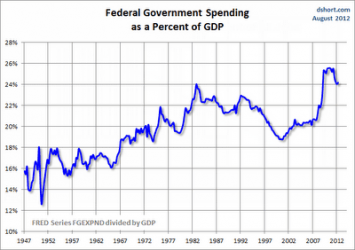Looks like it belongs in Current Events..... Ya still can't figure it out, eh?
I started a very similar thread in politics and was told when it was moved that it belongs in 'economics.'
LOL
Just goes to show ya, not everything is "politics"..... Like I said, ya still can't figure it out........ *sigh*


